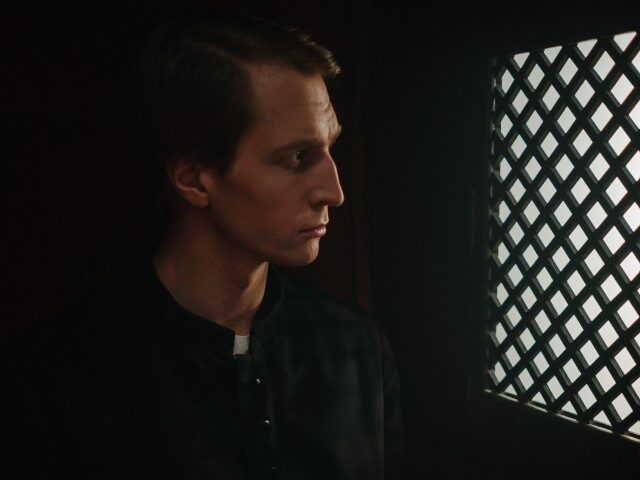(AP) The head of the Vermont Senate Judiciary Committee says he’s going to introduce a bill in the upcoming legislative session to close an exemption to the state’s child abuse and neglect reporting laws for members of the clergy.
Democratic Sen. Richard Sears of Bennington says he was unaware that the Vermont law requiring members of a number of professions, including doctors, teachers, social workers, and the clergy, to report abuse if they become aware of it contains an exemption for members of the clergy if they become aware of abuse during a setting that is considered privileged, such as during confession.
Sears said that under the law it shouldn’t be up to people who are mandated reporters to decide what to do if they learn of potential abuse, they should report it.
“My gut reaction is nobody should get a free pass,” Sears said.
Sears, a longtime chair of the Judiciary Committee who has worked for years to fight child abuse, said he had thought that members of the clergy were mandated reporters in all circumstances, but he learned of Vermont’s exemption through a news story published earlier this year by The Associated Press.
The AP investigation found that Vermont is one of 33 states that exempt clergy in certain circumstances from laws requiring professionals such as teachers, physicians and psychotherapists to report information about alleged child sex abuse to police or child welfare officials.
In Vermont, members of the clergy are mandated reporters, but the law says clergy shall not be required to a report potential abuse if the information was learned by the clergy member acting in their capacity as spiritual advisor if the information was intended to be confidential, if the information was made as an “act of contrition or a matter of conscience” or if it is “required to be confidential by religious law, doctrine, or tenet.”
The AP investigation found that nationwide the loophole has resulted in an unknown number of predators being allowed to continue abusing children for years despite having confessed the behavior to religious officials. In many of these cases, the privilege has been invoked to shield religious groups from civil and criminal liability after the abuse became known to civil authorities.
Over the past two decades, lawmakers across the country have proposed more than 130 bills seeking to create or amend child sex abuse reporting laws. All either targeted the loophole and failed to close it, or amended the mandatory reporting statute without touching the clergy privilege amid intense opposition from religious groups.
A number of religions consider things shared with a clergy member during confession to be sacrosanct, and The AP investigation found that religious organizations across the country have gone to great lengths to protect the privilege.
The Vermont law does not mention a specific religion.
Over the years, Sears said there have been cases in Vermont in which mandated reporters didn’t report instances of abuse as required, but he was unaware of any that specifically involved members of the clergy.
Sears, who for years was a mandated reporter while running a group home in Bennington, says he understands the complexities involved and when the bill is under consideration he will listen to arguments from both sides.
“You do build relationships with people who tell you things in confidence, but given the type of crimes that we’re talking about, I don’t know that shielding somebody is the right thing to do,” he said. “And so that’s why I will continue to push to remove that exemption.”

COMMENTS
Please let us know if you're having issues with commenting.